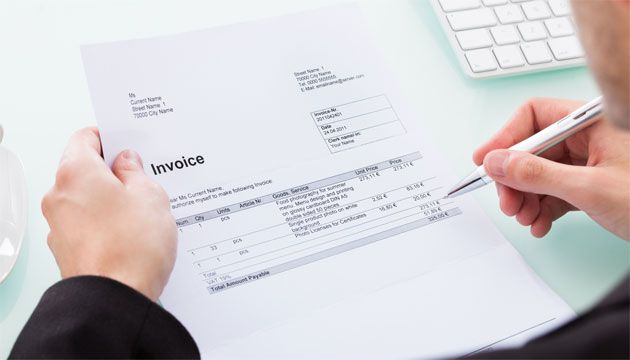
Many entrepreneurs are challenged—even intimidated—by the prospect of collecting what is owed to them, partly because most don’t like being confrontational and partly because they are afraid to find out they’ve been had. In spite of this discomfort or fear, however, you must be proactive in collecting your receivables. If you’re not, you gain nothing and lose everything.
Certainly, nonexistent or sloppy bookkeeping practices will slow down the process and exacerbate the discomfort, simply because you can’t remember and/or can’t prove that a customer is in arrears. Even when you’re well organized, collecting overdue accounts is not easy or pleasant.
To help you get what you’re owed, here are seven collection tips that will help get you paid…
- Invoice promptly! If your customers don’t have the paperwork, they can’t pay you. And the longer you wait to invoice, the more distant your client’s memory of the product or service you provided will be.
- Invoice clearly and completely. As defined previously in this chapter, state all you terms and the circumstances of the business exchange. If your invoice is vague or does not state all the terms of the agreement, you’ll have a more difficult time collecting, especially on an overdue account.
- Know your customer’s invoicing and payment policies. Do they need more than one copy of the invoice? Must the invoices be original hard copies, or are faxed or emailed invoices acceptable? Should the invoice be included inside a shipment or be sent to a separate department? In many cases, if you don’t enter the system properly, your invoice may be delayed—or never paid at all.
- Accurately record each payment you receive to keep your accounts current. It’s unsettling to have to pursue an overdue account, but it is humiliating to ask for a payment you’ve already received. You’ll come off as unprofessional and may jeopardize a good client relationship.
- With large-companies, call the accounts payable department a few days before a payment is due and politely ask if the invoice has been processed properly. Invoices often have a way of getting lost along the payment route. And be aware that large company accounting departments frequently delay payments to small companies and independents to manipulate their cash flow. So if you wait until you’re supposed to receive payment, you may be unpleasantly surprised to learn your invoice is on the bottom of some pile and you’ll have to wait another payment cycle for your money.
- Take action the day an account becomes past due. Make a phone inquiry or fax a second notice with a polite reminder. A fax carries with it immediacy and creates a visual image that often generates better response than transcribed notes from your phone call. But if you still don’t get paid, phone the customer and request payment.
- Stay proactive. If you don’t, your weak demeanor will make it easier for your client to put you off.
Article courtesy of SCORE.








